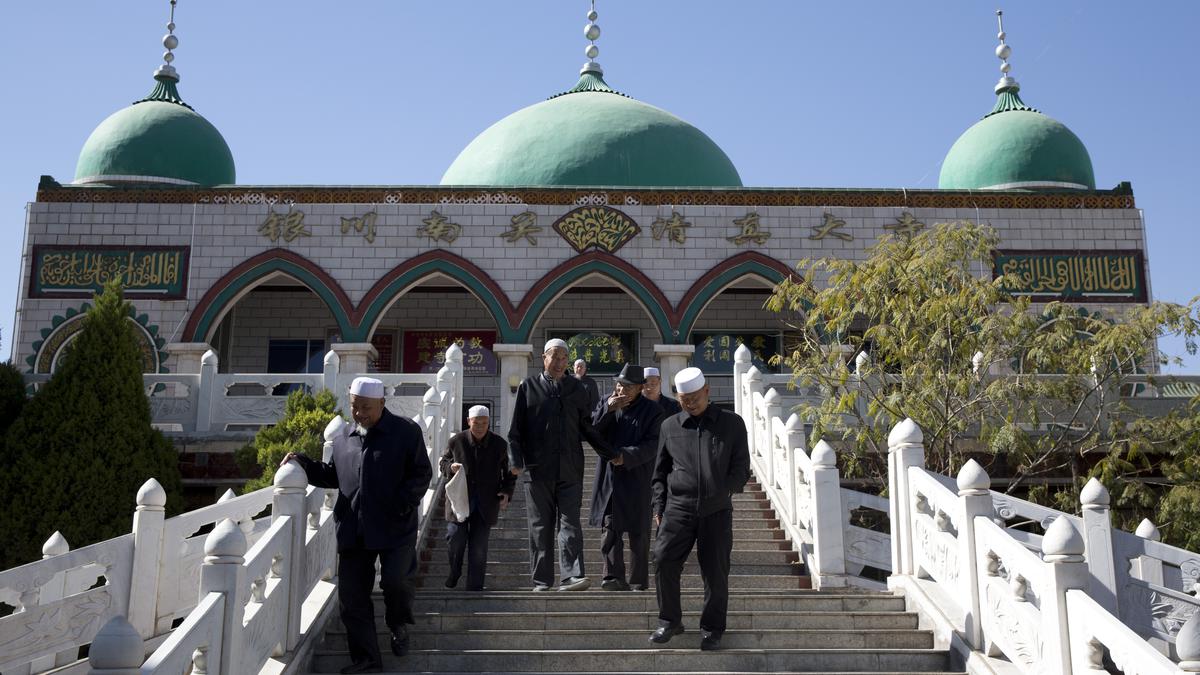
China is expanding its crackdown on mosques to regions outside Xinjiang: Human Rights Watch
The Hindu
The Chinese government has expanded its campaign of closing mosques to regions other than Xinjiang, where for years it has been blamed for persecuting Muslim minorities, according to a Human Rights Watch report released on November 22.
The Chinese government has expanded its campaign of closing mosques to regions other than Xinjiang, where for years it has been blamed for persecuting Muslim minorities, according to a Human Rights Watch report released on November 22.
Authorities have closed mosques in the northern Ningxia region as well as Gansu province, which are home to large populations of Hui Muslims, as part of a process known officially as “consolidation,” according to the report, which draws on public documents, satellite images and witness testimonies.
Explained | What does the U.N. report say about China’s repression of Uyghurs in Xinjiang?
Local authorities also have been removing architectural features of mosques to make them look more “Chinese," part of a campaign by the ruling Communist Party to tighten control over religion and reduce the risk of possible challenges to its rule.
President Xi Jinping in 2016 called for the “Sinicisation” of religions, initiating a crackdown that has largely concentrated on the western region of Xinjiang, home to more than 11 million Uyghurs and other Muslim minorities.
A United Nations report last year found that China may have committed “crimes against humanity” in Xinjiang, including through its construction of a network of extrajudicial internment camps believed to have held at least one million Uyghurs, Huis, Kazakhs and Kyrgyz.
Chinese authorities have decommissioned, closed down, demolished or converted mosques for secular use in regions outside Xinjiang as part of a campaign aimed at cracking down on religious expression, according to Human Rights Watch.











